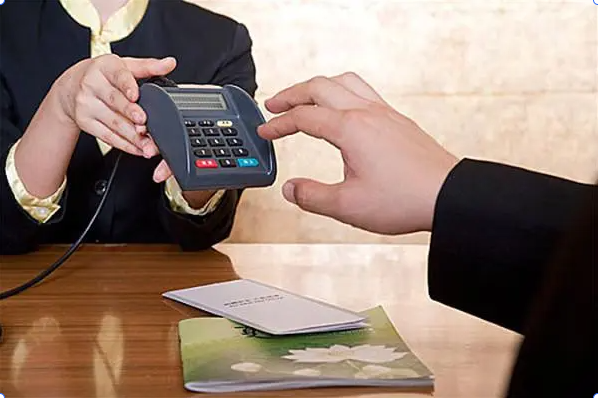- Remittance
- Exchange Rate
- Stock
- Events
- EasyCard
- More
- Download
Can remittance fees at Hong Kong banks be waived? What are the requirements?
Whether for individuals or businesses, remittance fees are an unavoidable issue when making transfers. As an international financial center, can Hong Kong banks’ remittance fees be waived? What are the necessary conditions to meet?

Remittance Fees at Hong Kong Banks
Remittance fees refer to the fees charged by banks for handling international remittances. These fees typically include telegraphic transfer fees, intermediary bank fees, and receiving bank fees. The remittance fees at Hong Kong banks vary depending on the bank, with different banks having different fee standards and policies. Generally, larger remittance amounts may enjoy lower fees.
Additionally, some banks offer fee discounts to VIP clients, long-term clients, or clients making remittances during specific promotional periods. Understanding each bank’s fee standards and policies can help you choose the most suitable bank and remittance method when making cross-border transfers, thereby reducing costs.
Conditions for Fee Waivers
To enjoy remittance fee waivers at Hong Kong banks, the following conditions usually apply:
Firstly, the client’s status matters. Banks often offer fee waivers to VIP clients, platinum cardholders, or long-term clients. If you are a premium member of a bank, you may qualify for such discounts.
Secondly, some banks may decide to waive fees based on the remittance amount. Large remittances are more likely to receive waivers, as banks may consider these clients significant.
Specific events or promotional periods may also offer fee waivers. Banks occasionally provide such discounts during particular events or promotions, which may include new customer offers, holiday promotions, etc. Keeping up with the latest news and promotions from banks can help you take advantage of these opportunities.
Steps to Apply for Fee Waivers
Firstly, you need to contact the customer service department of your bank to understand the specific remittance fee waiver policies. Policies may vary among banks, so detailed inquiries are recommended.
Then, according to the bank’s requirements, you need to submit relevant proof materials. These materials may include identity verification, proof of remittance amount, and customer status proof. Ensure all materials are complete and accurate to facilitate the bank’s processing of your application.
After submitting your application, the bank will review it. Once approved, they will notify you of the results, and the fee waiver will be reflected in subsequent remittance services. The entire process may take some time, so please be patient while waiting for the bank’s notification.
Additionally, aside from traditional banking channels, you can consider using professional remittance tools like BiyaPay for transfers. BiyaPay offers local remittances in most countries or regions worldwide, with fast transfer speeds and support for over 20 major fiat currencies and over 200 major cryptocurrencies in real-time exchange online, resulting in lower fees and no limit on remittance amounts.
Conclusion
Remittance fees are an essential part of international remittances, and reasonably applying for waivers can save significant costs for individuals and businesses. By meeting specific conditions set by banks, such as VIP client status, large remittance amounts, and promotional period discounts, remittance costs can be effectively reduced.
In summary, understanding and reasonably utilizing banks’ remittance fee waiver policies, actively applying for and using suitable platforms can effectively lower the cost of international remittances and improve fund utilization efficiency.

























